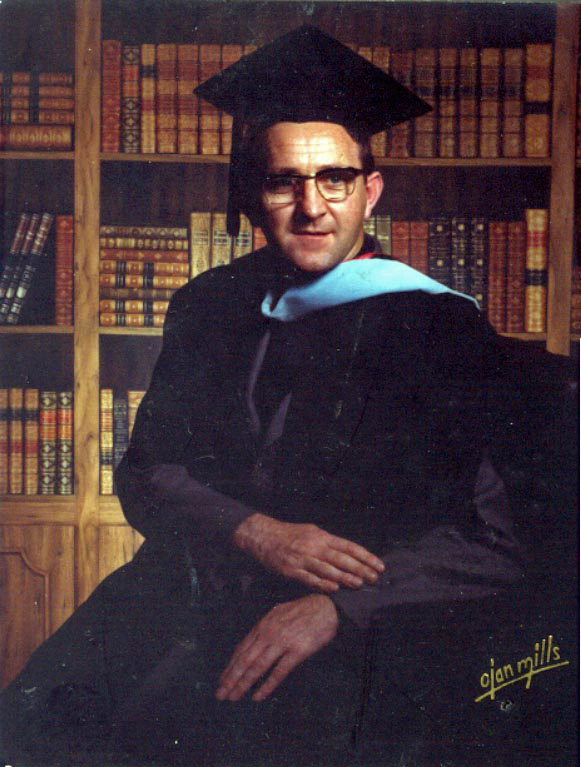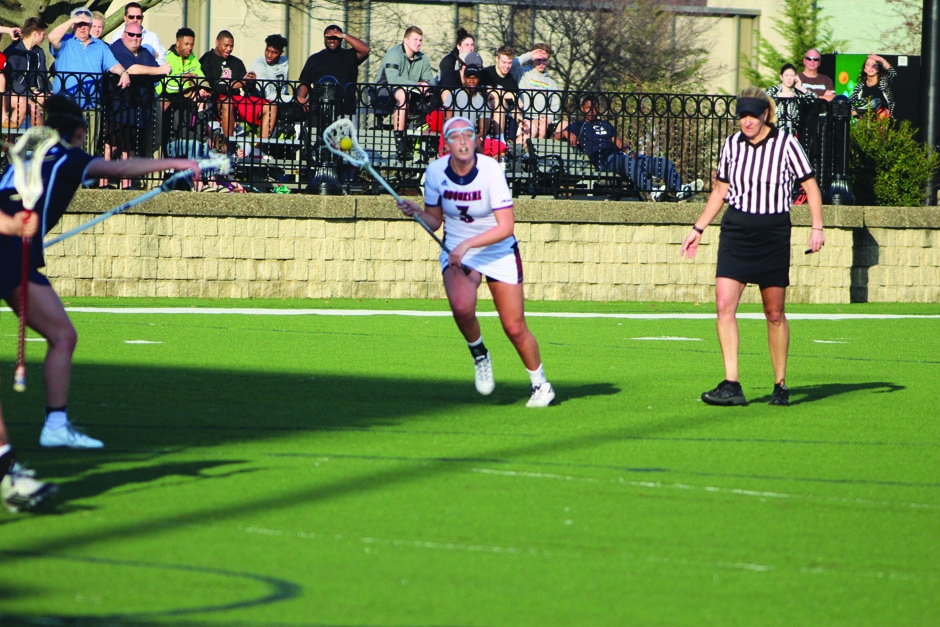Kellen Stepler | Staff Writer
10/04/2018
The Israeli-Palestinian conflict is always prominent in world news. So, when Cary Nelson came to Duquesne University to discuss justice and peace for both Israelis and Palestinians, it was no surprise that room 613 of the Student Union was filled with people eager to hear his thoughts.
Sponsored by Duquesne’s Jewish Studies Forum, the free event was open to the Duquesne community and the Pittsburgh area.
The event began with an introduction from Matt Schneirov, a Duquesne sociology associate professor, who gave a short description of what to expect from the event.
Nelson began to speak about his thoughts on the conflict. He believes that a two-state solution is the only way for peace in Israel and Palestine. Nelson believes that separation and cooperation is a solution to the conflict, and that the two states, side by side, would have to work together for peace.
Nelson has written numerous books and essays on the topic.
He provided attendees a handout of ideas to better the lives of Palestinians along the West Bank. The handout provided eight steps Israel can take to improve the situation.
“Reducing tension, friction and antagonism can counteract the impulse toward violence and help build the trust and sense of hope necessary to resolve the continuing Israeli-Palestinian conflict,” Nelson said.
The opposite side provided attendees a taste of what Nelson believes Gaza needs. Eight ideas again, the concepts spanned from improvements in security, housing, transportation, water, education, agriculture and infrastructure.
The talk also discussed the Boycott, Divest and Sanction (BDS) movement. Nelson believes that the BDS movement is not the answer to peace in the West Bank.
According to the website bdsmovement.net, BDS is “a Palestinian-led movement for freedom, justice and equality. BDS upholds the same principle that Palestinians are entitled to the same rights as the rest of humanity.”
Nelson said that BDS scholarship is not true and irresponsible.
When Nelson finished his talk, two panelists began to discuss their opinions on the conflict and the BDS movement.
The first panelist, Daniel Burston, is an associate professor of psychology at Duquesne who was born in Israel. He does not support the BDS movement.
BDS is “financially entangled with a group with the Muslim Brotherhood, Hamas,” Burston said.
Burston said he will not support the movement until BDS stops associating with Hamas.
The second panelist, Sarah MacMillen, is an associate professor of sociology at Duquesne. Along with Nelson and Burston, she also does not support the BDS movement. Her interest in the conflict sparked in 1995 due to Yitzhak Rabin’s assassination, and this memory stuck with her.
“How could someone who wanted to reach out to the other side, as happened in Oslo accords 25 years ago this month, be so brutally killed by someone on his own side?” MacMillen said.
MacMillen adds that while in college, she “developed an interest in Jewish Studies, and then peace studies developed into a minor concentration of study in graduate school, where [she] was getting [her] doctorate in sociology.”
Although Pittsburgh is 5,957 miles from the West Bank, it is still important for Duquesne students to be following this conflict.
“I think it is important because Israel-Palestine is a geopolitical sphere of influence, and also an epicenter for the world religions,” MacMillen said.
Duquesne students interested in this topic can take classes dealing with this case in history, international relations, sociology, theology and peace, justice and conflict resolution (PJCR) departments at the university.



